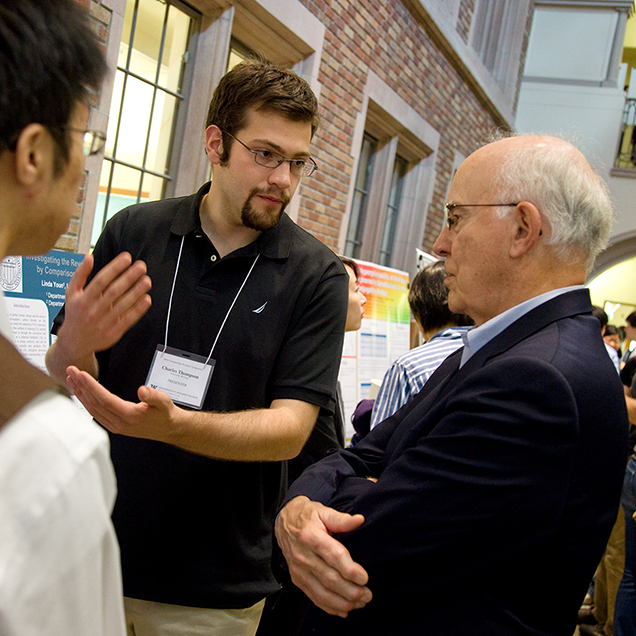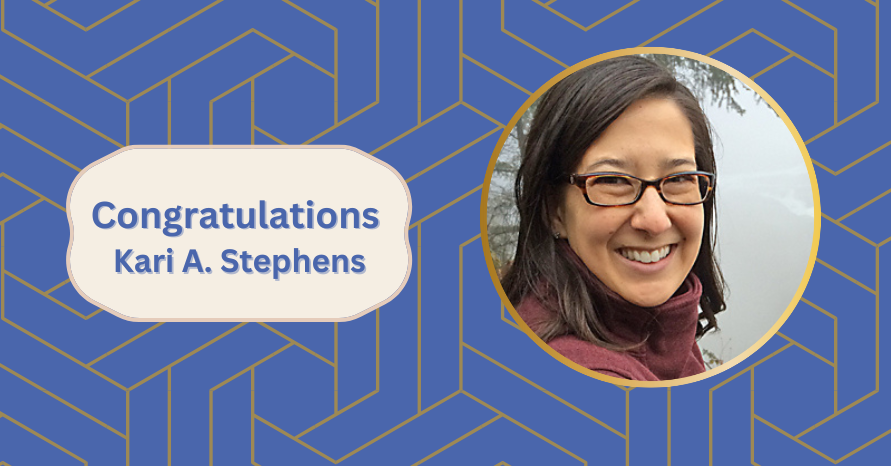
02 Mar Joint Summits on Translational Science Accepts Four ITHS Abstracts
Four abstracts from the Institute of Translational Health Sciences (ITHS) were accepted for presentation at the American Medical Informatics Association 2014 Joint Summits on Translational Science. This meeting will take place April 7 to 11, 2014, in San Francisco. The ITHS poster presentations will discuss approaches to bridging clinical and research data through informatics, identifying infection phenotypes using a natural language processing assertion classifier, developing governance for federated community-based electronic health record data sharing, and an emerging corpus for clinical events with change of state.
Bas de Veer, Research Consultant, will detail how ITHS successfully developed a bridge for securely moving data between a clinical data repository and REDCap, the ITHS research electronic data capture system. This secure connection has helped to gather a large amount of clinical data that otherwise would have had to be manually abstracted, thereby saving time and resources when collecting clinical data for research studies.
Dr. Sally Lee, Biomedical Informatics Consultant, will describe an application of a natural language processing tool that will better enable the secondary use of large amounts of clinical data by researchers. Specifically, her focus is data that tends to exist as free- or semi-structured text, which can make it difficult to use for research purposes. The project that Dr. Lee will describe involved the use of an assertion classifier to automatically identify presence or absence of infectious phenotype.
Dr. Kari Stephens, ITHS Faculty and Assistant Professor of Psychiatry and Behavioral Sciences at the University of Washington, will describe how governance requirements were developed for the Data QUEST pilot project. The Data QUEST project supports data sharing among community-based primary care practices in the five-state WWAMI region. Her description will include four specific recommendations that were developed as a result of interviews and collaboration with partner organizations.
Dr. Meliha Yetisgen, ITHS Faculty and Assistant Professor of Biomedical & Health Informatics at the University of Washington, will detail the progress being made in developing a phenotype detection system for pneumonia. The ultimate goal of this system, which is driven by natural language processing, is to be able to monitor medical conditions over time and prompt physicians with early warnings when a change of health state is detected.







